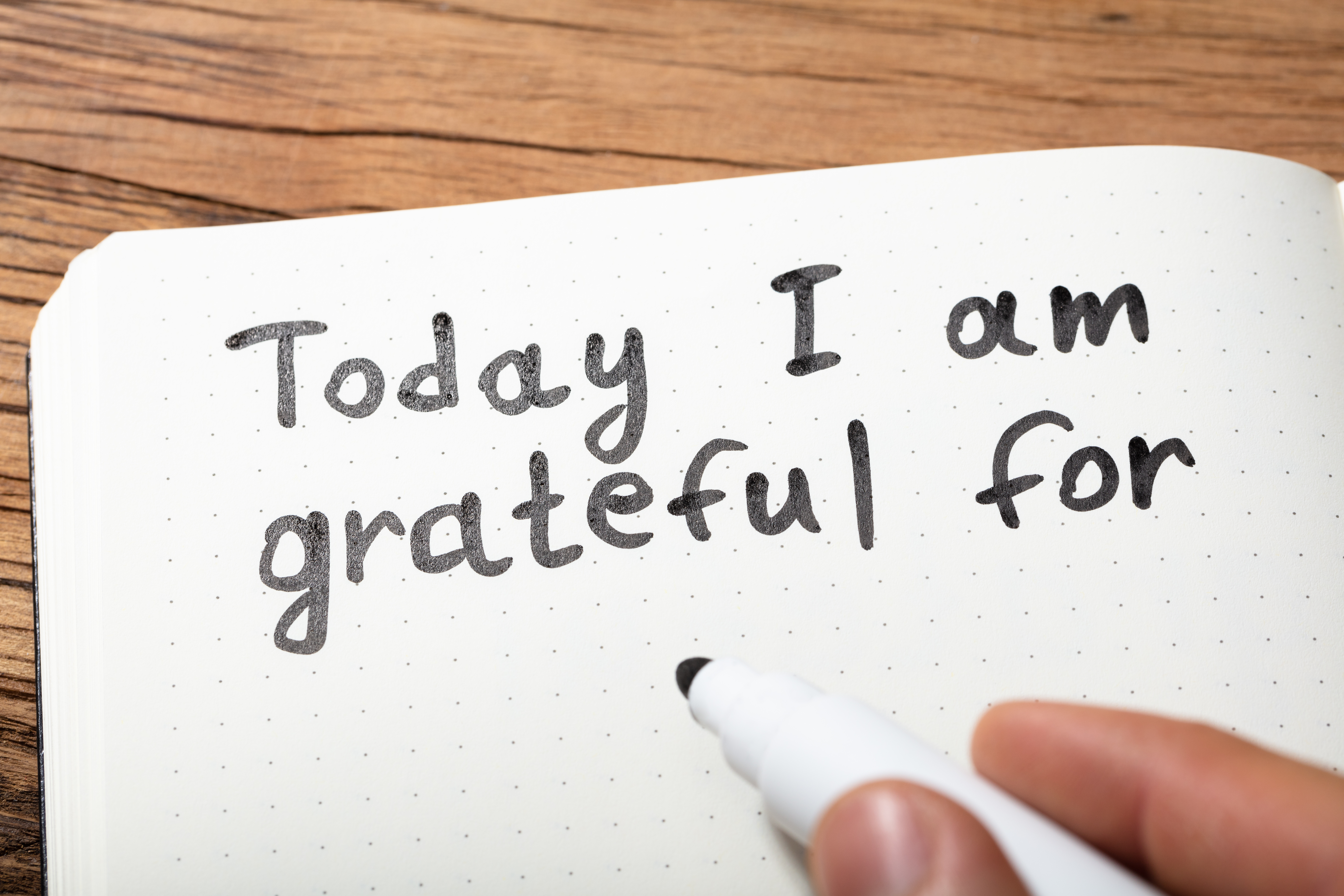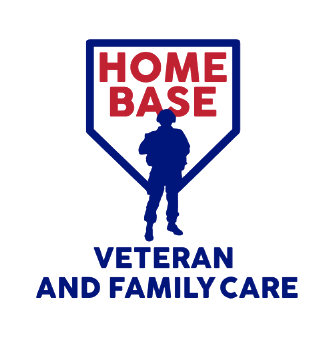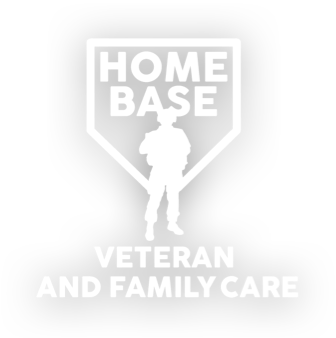Mindfulness: #GratiTuesday and the Gratitude Journal
There’s a growing body of research that shows that focusing on and practicing gratitude has many positive effects on our physical and emotional wellbeing, including improved sleep, decreased pain, and more motivation to exercise. Being grateful has also been shown to lead to increased optimism and hope, and sharing our gratitude with others may also improve our relationships. Added together, a more grateful attitude helps to decrease stress and lead to improved health over time.
In this week’s #GratiTuesday post, Home Base’s Family Outreach Coordinator Jacque Francona the important practice of a gratitude journal and share some ways to start a gratitude journal with tips from Home Base friend Dr. Robert Emmons.
Counteract the Negativity Biases
Humans have what we call negativity biases. For example, we tend to easily forget the multitude of compliments we’ve received overtime on our grooming, but we can definitely remember the exact date and time someone criticized our new haircut. We can consciously counteract the negativity by training ourselves to focus on some of the positives in our lives. And there are positives even during unsettling, uncertain times.
Breaking Through with Writing
Writing allows us to focus and ponder on what we are thankful for. You can choose to write in a variety of notebooks, from a gratitude journal such as this that includes daily prompts to get you started such as today I’m grateful for and people in my thoughts today. It’s pretty detailed. You don’t need anything quite so elaborate. You can easily use any notebook, even a spiral notebook you may have around the house now that school has been canceled for the remainder of the year. There are also web-based journals available for free. There’s just something about the physical reminder of seeing a notebook around the house that reminds us to stick to it.
Expert Advice on Journaling

One of the leading researchers on gratitude, Dr. Robert Emmons offers up these tips for gratitude journaling.
Don’t just go through the motions. Research shows that intentionally planning to improve your gratefulness leads to the longest-lasting results.
Go for depth over breadth. In other words, go into detail about why you appreciate a couple of things, rather than just compile a list of things you’re thankful for.
Get personal. Focusing on people rather than things has more impact.
Subtraction, not addition. To stimulate your thinking about what you’re grateful for, try imagining what life would be like without something or someone rather than what you don’t have.
Savor surprises. Recording events that were unexpected elicit stronger responses and feelings. Don’t overdo it.
Quality over quantity. After writing in your journal, take time to reread and absorb how it feels to remember a special event or person or the feeling you get noticing something of beauty around you. It can take up to 30 seconds to feel the emotion associated with each appreciation.
Each time you journal, make it fresh and current. Most important, as with any type of mindful activity, there’s no right or wrong way to do it. Just do it while you’re at it.
All of us at Home Base encourage and challenge you to share something you’re grateful for on social media with the hashtag #GratiTuesday. Remember that gratitude not only improves your health, but it may also benefit others too.
Check back each Tuesday for ideas to keep your gratitude practice moving, and stay tuned for more tips and suggestions from our Home Base staff. If you have questions about mental health and clinical services at Home Base, please reach out to us.

About the Author: Jacque Francona has been involved with the Home Base Program since its inception in 2009 and joined the staff as a member of the Family Outreach Team in August 2012. Francona is a Military-connected mother of four—one son and three daughters. Her oldest daughter is the proud and ever-concerned sister of three Military siblings. Jacque has been an integral part of the Family Outreach team and has facilitated key partnerships with MA nursing students, Blue Star Mothers, school educators, the MA National Guard Family Program, and MA Operation Military Kids.


 Home Base
Home Base